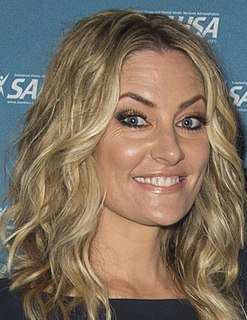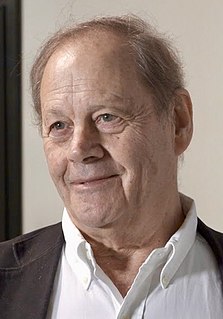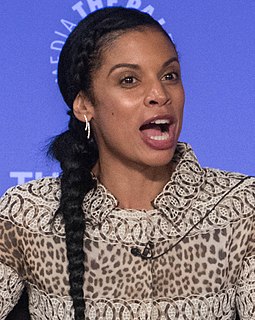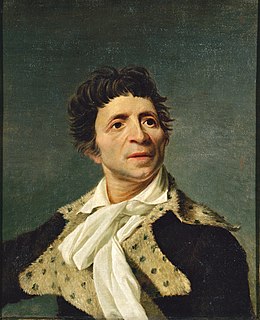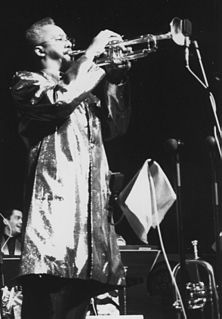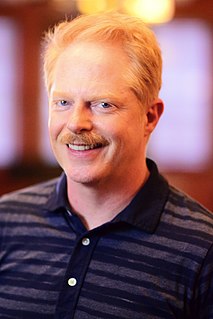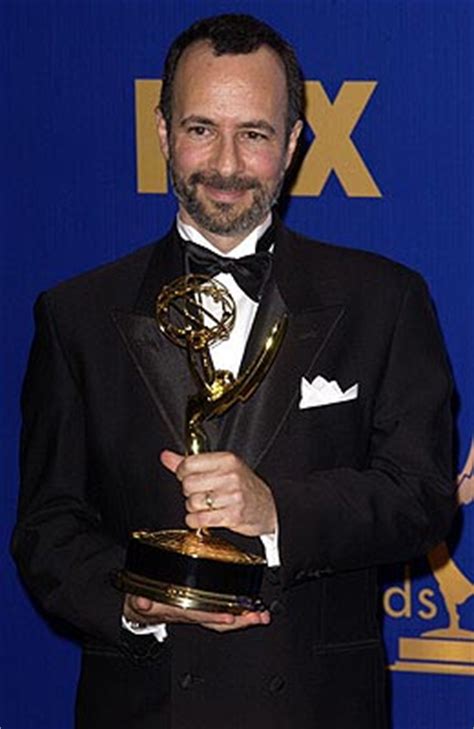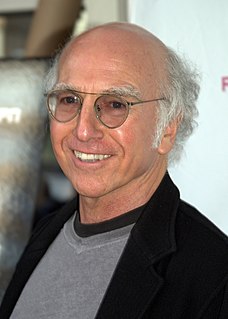A Quote by Charles Bronson
I supply a presence. There are never any long dialogue scenes to establish a character.
Related Quotes
There were definitely scenes I struggled with more than others: the car accident and the thunderstorm are two that come to mind. It's difficult to write about a thunderstorm. There are only so many ways to describe it and our vocabulary is so limited. And the car accident scene required a tense, manic quality that had to be conveyed in the language, as well as the character's dialogue and actions. I was editing these scenes long after I thought I was finished with them.
We all have an ongoing narrative inside our heads, the narrative that is spoken aloud if a friend asks a question. That narrative feels deeply natural to me. We also hang on to scraps of dialogue. Our memories don’t usually serve us up whole scenes complete with dialogue. So I suppose I’m saying that I like to work from what a character is likely to remember, from a more interior place.
With any television series - and it's something that is taken for granted with movies because you have the whole arc within two hours - you establish who the character is and it's a two-dimensional version, or if you're lucky, a two and a half-dimensional character. Once you establish that, you can move forward and break all the rules. Once the audience has accepted who the person is, then you can do the exact opposite. What makes it funny and interesting is doing the opposite.
I kind of cheer the presence of any gay characters at all - I think the more we can saturate television with any gay character or lesbian character or transgender character, I think that's a really great thing. We're kind of getting past the fact that they're the punchline or that they're the novelty.
When you're doing those operation scenes, you not only have to be on top of the dialogue and the rhythm of the dialogue and what's happening dramatically, but you've got to technically get the rhythm right, so that everything is fitting with the dialogue at the right time. And you're performing the operation to the audience that's watching it. Thackery has to present it, as well. In some ways, that's the most challenging.
What I like and find liberating in dialogue comedy is that the characters, and what they say, are not me. These are fleeting thoughts and observations and not presented as truths but as something that illuminates the character and the dynamic between the characters. This kind of dialogue is thesis and antithesis - and we never get to a synthesis.


